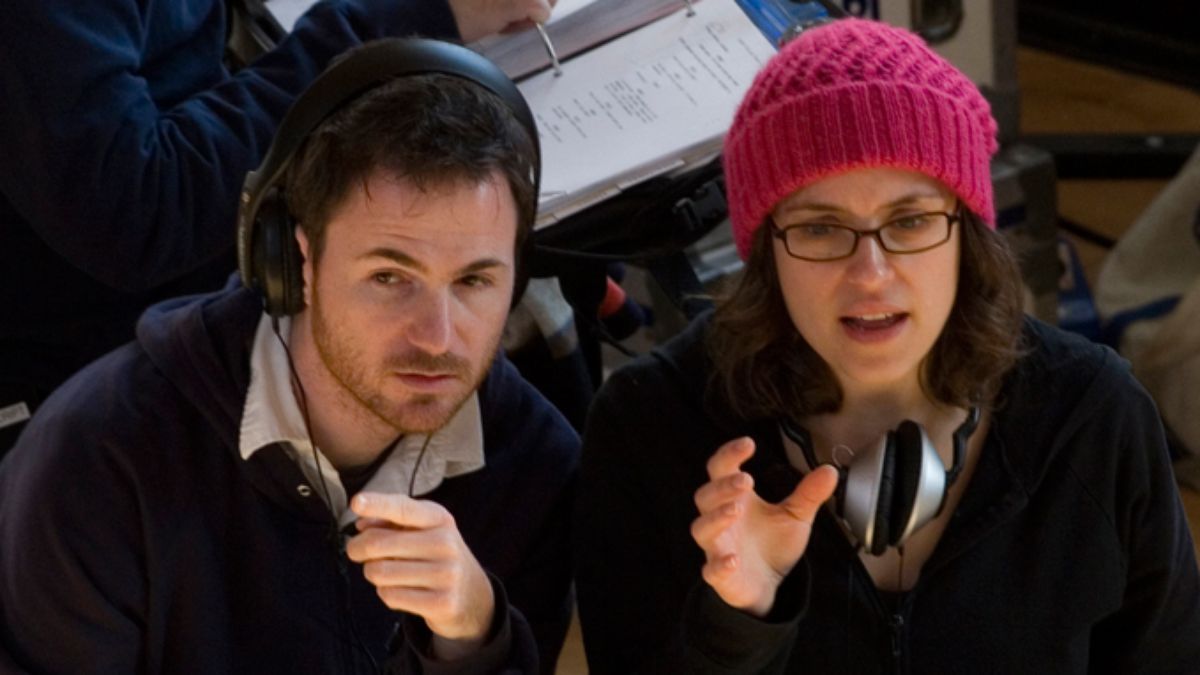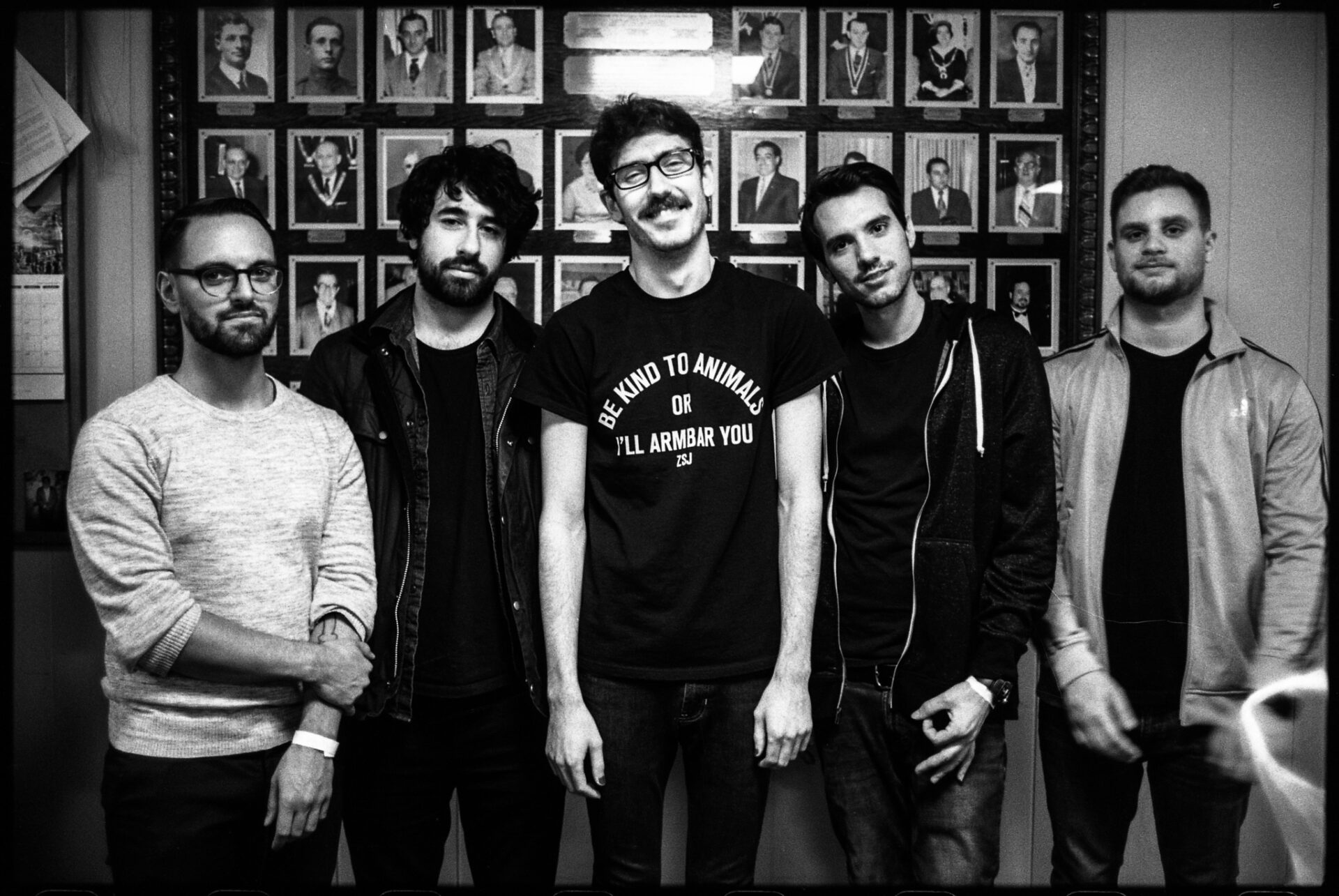When Marvel Studios announced that the upcoming Captain Marvel, the first Marvel film to star a female lead and acting as a holdover between two Avengers films, would be directed by Anna Boden and Ryan Fleck, the internet reacted with a resounding “…Huh.” Of course, there was the laudable praise for the choice to place a woman in a co-director’s chair of a female-led superhero film, but there hasn’t been a whole lot of discussion about why Boden and Fleck are potentially a good fit for the material. After all, their previous films have all been relatively small-scale productions, grounded in human conflicts and aren’t even action movies, let alone the sci fi action fare that Captain Marvel is assuredly going to be. What about Boden’s and Fleck’s previous films could inform the take on Captain Marvel that Marvel Studios is looking for?
Their first narrative feature film—which technically only Fleck directed, but Boden co-wrote—is 2006’s Half Nelson, a story as removed from the cosmos as they come, yet not any less universally relevant. Our protagonist is Dan Dunne (Ryan Gosling), a white teacher at an inner city school who excels at teaching his students—primarily students of color—necessary critical thinking skills despite the administration’s push for him to stick to a particularized curriculum. However, not everything is sunny in Dan’s life, as he deals with the pressures of his position by resorting to cocaine, which one of his students, Drey (Shareeka Epps), catches him smoking in the locker room one day.
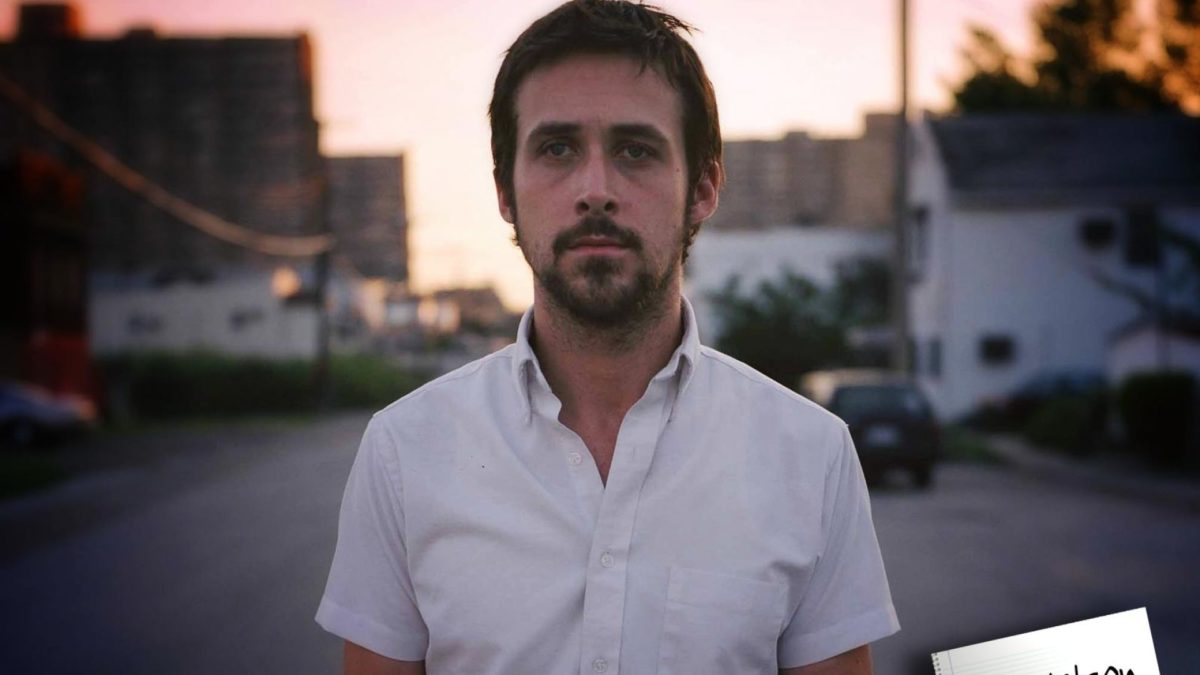
Half Nelson (2006)
What results is a narrative that seems explicitly targeted at subverting and re-examining White Savior tropes as they still exist today. Dan starts to become more involved in Drey’s life as he sees a bright and inquiring mind begin to develop, but he also sees her becoming more involved herself with a local drug dealer (Anthony Mackie). What Dan doesn’t realize at first is that he operates on an unexamined prejudice wherein he automatically assumes that, even though both influences in Drey’s life are involved in illegal and harmful drug use, he is the superior influence because he is white. In essence, he never wanted to save his students from their poverty, but from their identities of color, supplanting himself as a superior role model when there is nothing inherently superior about his role in their lives or how he lives his own. The lesson that he, and we the audience, learn is that even well-intentioned external help from a place of social power may have consequences based on a lack of empathy and understanding.
The pair’s next narrative feature, the first to feature Boden with a directing credit, was 2008’s Sugar, a drama focused on the struggle of a Dominican baseball player to make his way in the United States minor leagues. Miguel “Sugar” Santos (Algenis Perez Soto) is a talented fish in the small pond of the Dominican Republic, and he wants nothing more than to make it big in the United States so that he can feed his family with his earnings. In other words, the set-up is that of a classic underdog story, but how it plays out doesn’t quite match up with the sort of fairy tale tidiness that audiences usually expect.

Sugar (2008)
Miguel is placed under constant pressures, whether they be an ill-accounted for language barrier, instances of overt racist patronizing from the white family with which he fosters, or the simple realization that if he doesn’t succeed at the level expected of him, the institutions that brought him to the United States will offer him no assistance and his career will be ruined. In fact, this is actually exactly what happens, as Miguel spends the third act in New York building a new life for himself that is completely divorced from the original American dream which he was promised. He, like us, discovers a dark underbelly to the stories of success and elevation we use to inspire us, and while the life Miguel carves out is ultimately a happy one, it can never amount to the splendor he was led to believe was in reach.
Based on those two films, one would be safe in assuming that Boden and Fleck had carved out a comfort zone based on trope subversion as it related to race in America, but their next film would only prove that assumption half correct. 2010’s It’s Kind of a Funny Story is a comedy in which the teenage Craig (Keir Gilchrist) checks himself into the psych ward of his hospital when he fears that he will commit suicide. However, once checked in to the hospital, he starts to realize that he isn’t really sick in the same way as the schizophrenics and variously disordered residents of the ward are, yet he must survive the next five days under watch, and maybe he can discover a bit about himself along the way with the help of new friends (Zach Galifianakis and Emma Roberts).
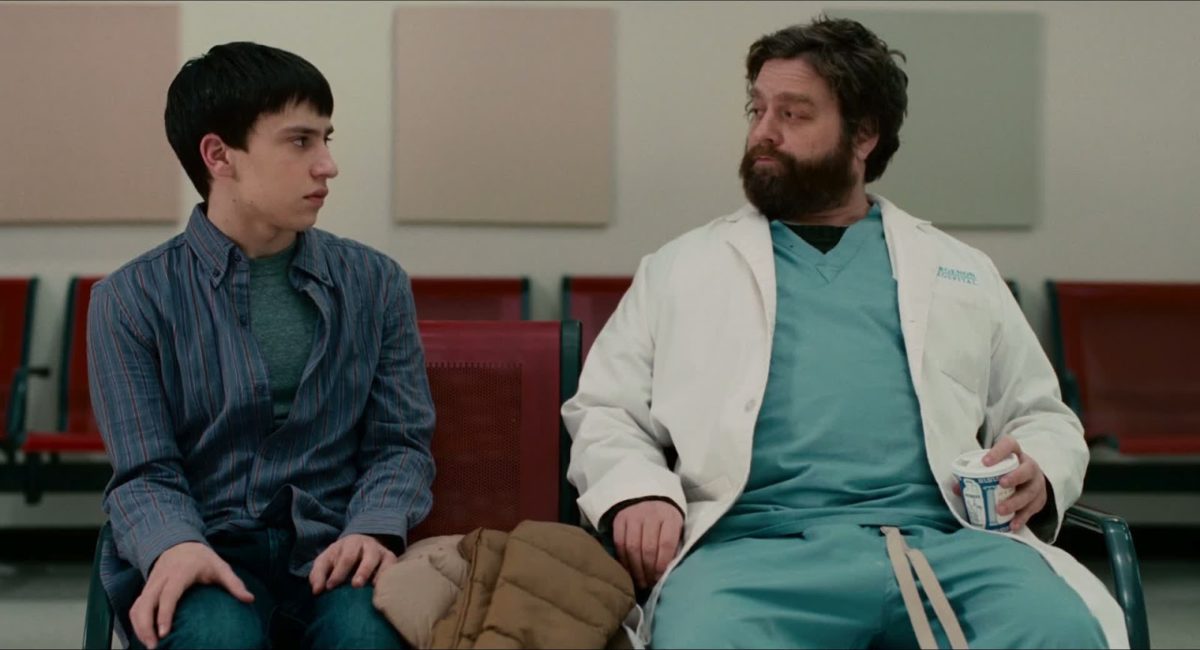
It’s Kind of a Funny Story (2010)
On paper, this sounds like a fairly standard and rather exploitative portrayal of mental illness as an impetus for the growth of a neurotypical protagonist, and while that is still arguably what’s at play here, the intent is quite a bit more complex and subversive. See, the moral that Craig learns from his stay in the ward is not that he is a sane person with something to learn from the nuthouse, but rather that his depression is, in fact, valid, and the mechanisms that he learns to cope with that depression are what transform his life for the better. His problems don’t magically go away, nor do those of the other residents in the hospital, but a mutual and affirming understanding of one another with a healthy dose of self-aware humor goes a long way toward enabling the attitudes to cope and rebuild a life.
It would be another five years before Boden and Fleck would reunite for another feature film, but in 2015 they wrote and directed Mississippi Grind, a film that is a bit less subversive than their previous work, but also just as unpredictable. A local townie, Gerry (Ben Mendelsohn), is up to his eyeballs in debt when he meets Curtis (Ryan Reynolds), a travelling high roller who plays high stakes and sports a confidence that supports a seemingly never-ending supply of luck. When Gerry insists on travelling with Curtis so that he can gamble his way back into the good graces of his bookies and, more importantly, his family, Curtis reluctantly agrees and the two set off on an adventure that could ruin the both of them.
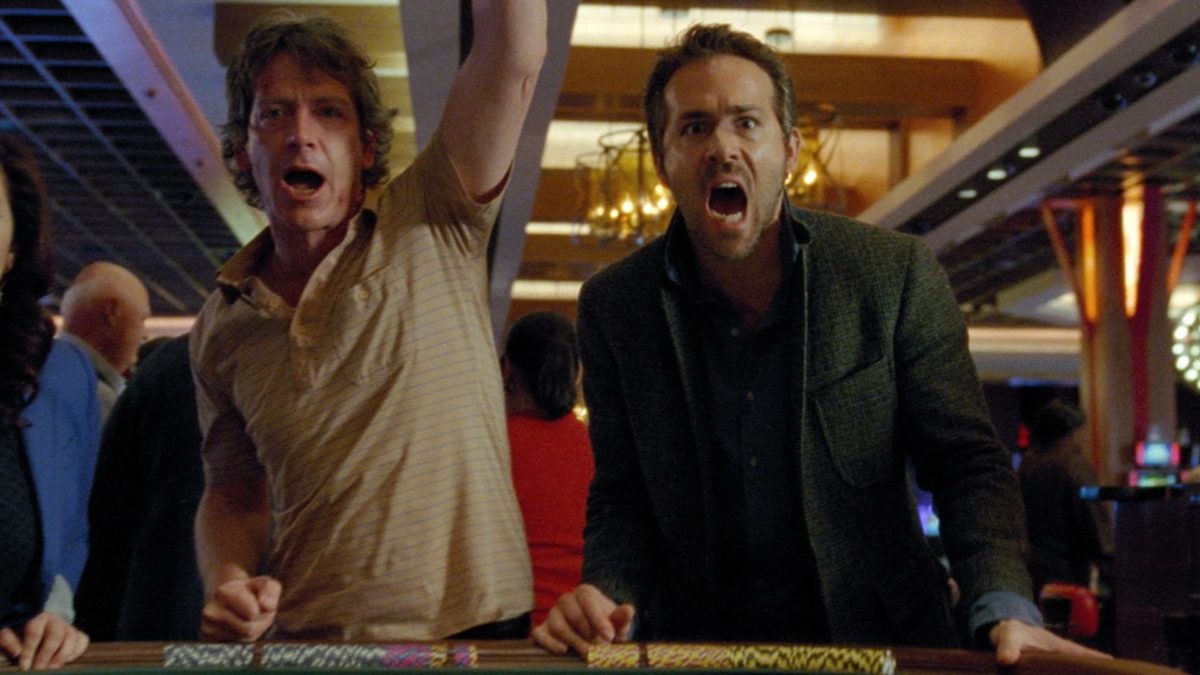
Mississippi Grind (2015)
The motions Curtis and Gerry go through for the majority of the film are fairly expected, despite the slow-paced and calculated manor in which they are portrayed. Gerry’s compulsive gambling places their entire trip in jeopardy as he refuses to know when to quit or keep borrowing money, and Curtis reveals himself to not be much better than Gerry, only more controlled in how much of his earnings he’s willing to put on the line but without anything in his life worth gambling for. However, what’s striking about Gerry’s and Curtis’s journeys is, once again, in how it concludes. They bet the entirety of a night’s winnings on one roll of the dice, and though Gerry has hit rock bottom many times, the height of success puts things in perspective for him. Even though he won, he understands exactly how stupid his actions were and realizes how necessary it is for him to make a change. Curtis, meanwhile, realizes that the bet cost him his only true friend, and he leaves the country to presumably make a fresh, non-gambling start. Though the tropes of a genre may not have been subverted here, the expectations of the characters were.
So what do these films tell us of what we can expect from Anna Boden and Ryan Fleck in the upcoming Captain Marvel? Well, in all likelihood, we can expect the story to be smaller, intimate, and more personal than we often see from the other blockbusters in the Marvel Cinematic Universe, but it also seems reasonable to infer that the journey of Carol Danvers will involve some sort of growth through an exploration of culture clash, presumably with the cosmic forces that give her powers and distinguish her from Marvel’s more earthbound heroes. If there’s one thing to take away from Boden’s and Fleck’s work, though, it’s that they will quietly subvert our expectations no matter what angle their story develops. Theirs is a directorial team that, even under observation and with discernable stylistic trends and thematic continuity, remains an enigma, and we’ll just have to wait and see how they plan to play with our anticipation this time.

